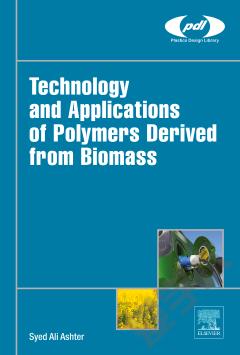Biodegradable Polymers for Industrial Applications
The vast majority of plastic products are made from petroleum-based synthetic polymers that do not degrade in a landfill or in a compost-like environment. Therefore, the disposal of these products poses a serious environmental problem. An environmentally-conscious alternative is to design/synthesize polymers that are biodegradable.Biodegradable polymers for industrial applications introduces the subject by outlining the classification and development of biodegradable polymers. Materials available for the production of biodegradable polymers are explored. Polymers derived from sugars, natural fibres, renewable forest resources, poly(lactic acid) and protein-nanoparticle composites are looked at in detail in this section. The properties and mechanisms of degradation are looked at, prefacing the subject with a chapter on current standards. The final part explores opportunities for industrial applications, with chapters on packing, agriculture and biodegradable polycaprolactone foams in supercritical carbon dioxide.Biodegradable polymers for industrial applications explores the fundamental concepts concerning the development of biodegradable polymers, degradable polymers from sustainable sources, degradation and properties and industrial applications. It is an authoritative book that is invaluable for academics, researchers and policy makers in the industry. Reviews the importance and industrial use of biodegradable polymers and degradable polymers from sustainable sourcesAn invaluable resource for both academics and industryEdited by a leading authority in the field with contributions from a worldwide team of experts
{{comment.content}}








 京公网安备 11010802027623号
京公网安备 11010802027623号